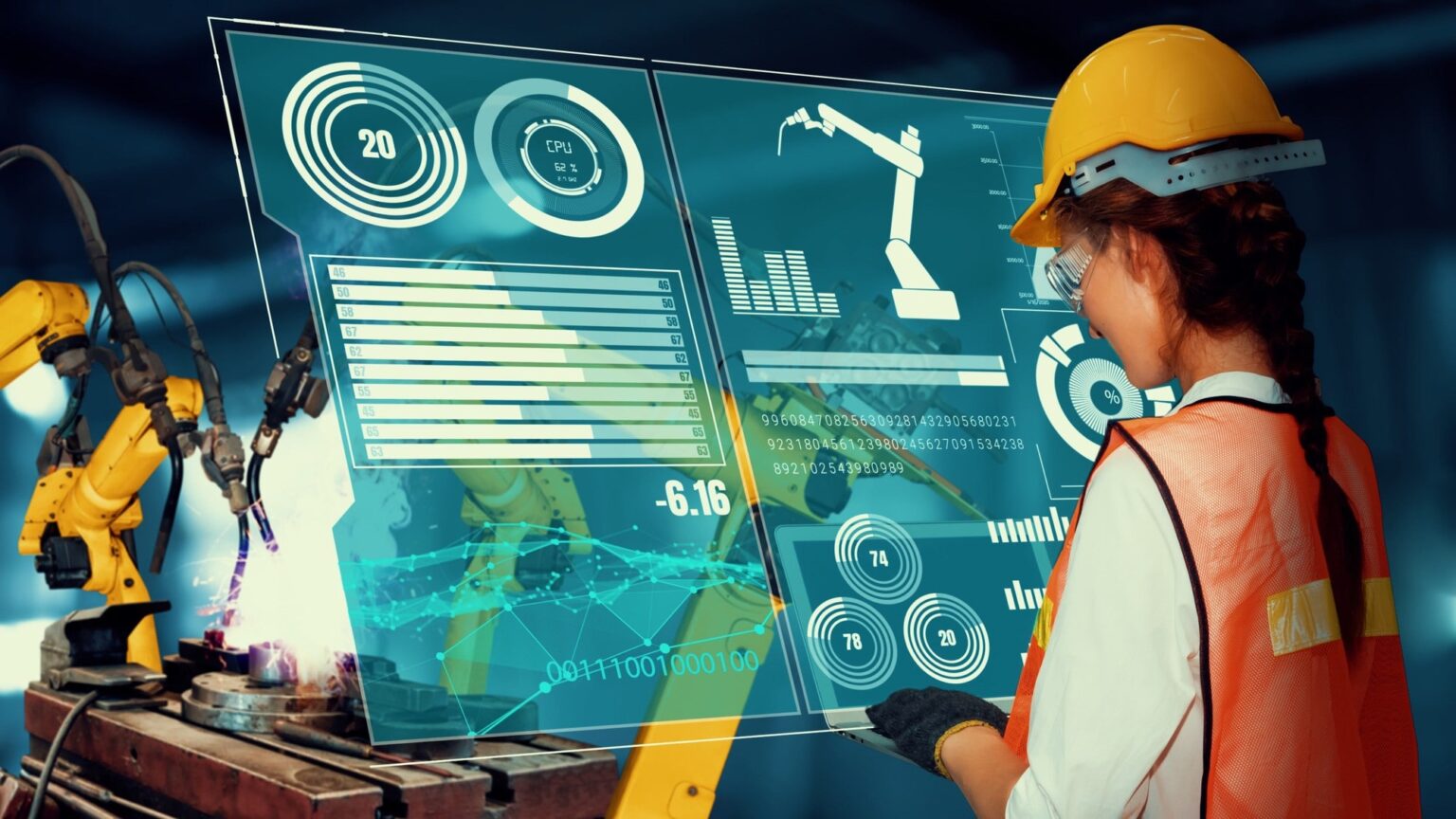Artificial intelligence (AI) and machine learning (ML) technologies are revolutionizing the manufacturing industry by powering smart factories. These advanced technologies enable automation, optimization, and predictive capabilities, enhancing efficiency, productivity, and decision-making in the manufacturing process.
One key application of AI and ML in smart factories is predictive maintenance. By analyzing real-time data from sensors and equipment, AI algorithms can detect patterns, anomalies, and potential failures. This enables proactive maintenance and reduces unplanned downtime, as machines can be repaired or replaced before a breakdown occurs. Predictive maintenance improves equipment reliability, extends asset lifetimes, and optimizes maintenance schedules, resulting in cost savings and increased productivity.
AI and ML also play a crucial role in optimizing production processes. These technologies can analyze large volumes of data collected from various sources, such as sensors, production lines, and supply chain systems. By leveraging this data, AI algorithms can identify bottlenecks, inefficiencies, and areas for improvement in real-time. This allows manufacturers to optimize production schedules, reduce waste, and enhance overall operational efficiency.
Furthermore, AI and ML enable intelligent quality control in smart factories. By analyzing sensor data, visual inspections, and historical quality data, AI algorithms can identify defects, anomalies, and deviations from quality standards. This helps manufacturers detect and address quality issues early in the production process, minimizing waste and ensuring consistent product quality.
Supply chain management is another area where AI and ML provide significant benefits in smart factories. These technologies can analyze vast amounts of data, including customer demand, inventory levels, supplier performance, and market trends. AI algorithms can optimize inventory management, streamline logistics, and enable demand forecasting, helping manufacturers reduce costs, minimize stockouts, and improve overall supply chain efficiency.
Moreover, AI and ML enable adaptive and autonomous control systems in smart factories. These technologies can learn from real-time data, adjust production parameters, and optimize processes without human intervention. This leads to increased flexibility, agility, and responsiveness in production, as systems can adapt to changing demands and optimize performance in real-time.
However, it is important to consider potential challenges in implementing AI and ML in smart factories, such as data security, privacy, and the need for skilled workforce capable of managing and leveraging these technologies effectively.
In summary, AI and ML technologies are transforming traditional manufacturing into smart factories by enabling predictive maintenance, optimizing production processes, improving quality control, enhancing supply chain management, and enabling adaptive control systems. These technologies enhance efficiency, productivity, and decision-making in the manufacturing process, driving cost savings, quality improvements, and overall operational excellence in the industry.



